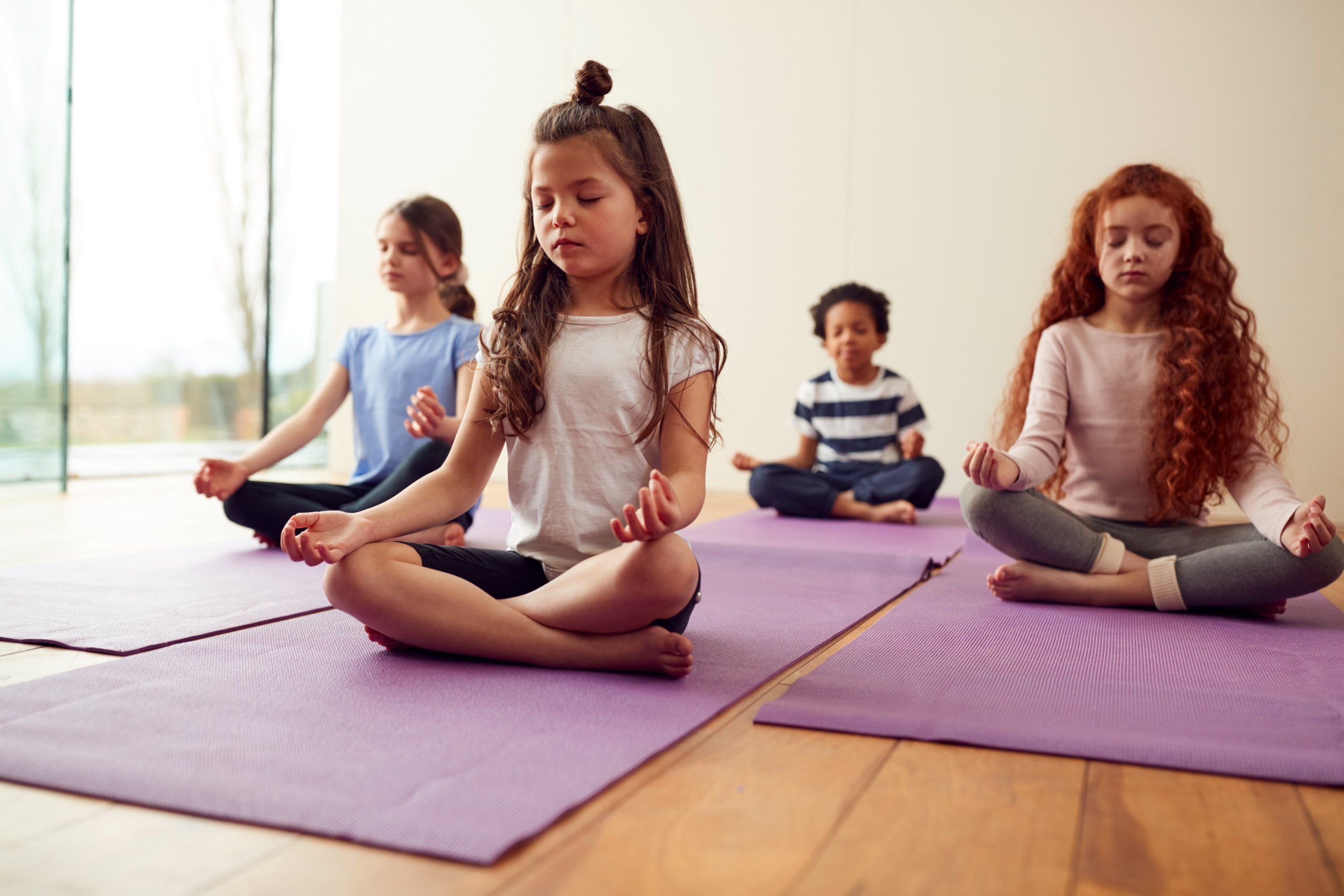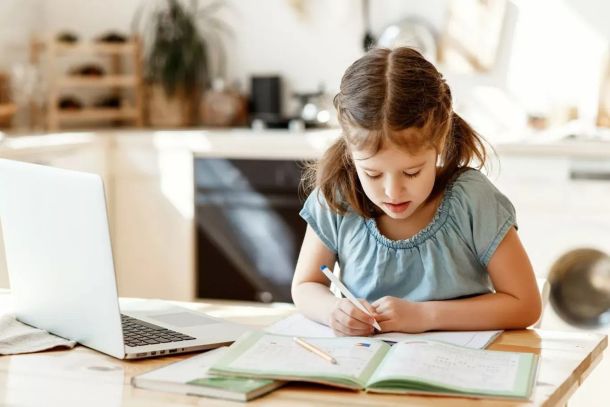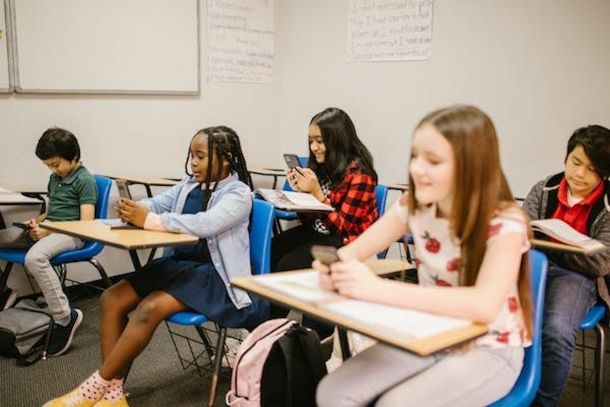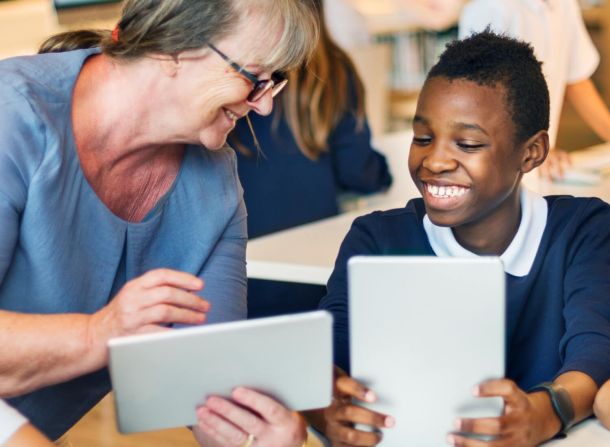Mindfulness is a useful tool in the classroom that brings countless benefits to children's harmonious development and positively influences harmony between children and their teachers.
Mindfulness helps to control strong emotions and to bring attention to the present moment and to the main purpose of the original activity. In a fast-moving world full of new challenges, each of us needs a moment of respite. Both adults and children are in a sea of thoughts about work, other related activities, social relationships, moments of evaluation, projects to prepare and speeches to give. The pressure is hard to manage and sometimes overwhelming, which is why experts recommend mindfulness as an integral part of everyday life.
Mindfulness is a psychological construct drawn from Buddhist traditions and has been defined by Jon Kabat-Zinn, professor of medicine at the University of Massachusetts Medical School, as a process that involves a high degree of awareness of the present moment, without thinking about what happened in the past or worrying about the future. This method brings multiple benefits in all contexts: from professional, educational contexts to everyday activities for both adults and children.
Mindfulness in classroom
An increasing number of today's students face a variety of challenges that affect their ability to focus their attention, regulate their emotions, build inner resilience and form healthy and supportive relationships with themselves and others. In response to all of these challenges, teachers need to promote effective ways to help calm students' strong emotions while providing supportive relationships, nurturing experiences and positive learning environments. Teachers can also experience anxiety, frustration and ultimately burnout throughout the school year.
To overcome these situations, experts suggest practicing mindfulness in the classroom to help both students and teachers manage overly powerful states, create harmonious relationships together and shape an environment conducive to learning.
Mindfulness: benefits and influences on children and teachers
Although still at a relatively early stage, the evidence base encouraging the practice of meditation is very encouraging. For example, brain imaging studies show that meditation practice reliably and profoundly alters brain structure and function to improve the quality of thinking, feeling and caring for others.
Mindfulness trains us to focus our attention on what is happening in the present moment: how we breathe, what other physical sensations we feel, what our thoughts and emotions are, etc. This awareness means we can respond more skillfully to whatever the present moment offers us.
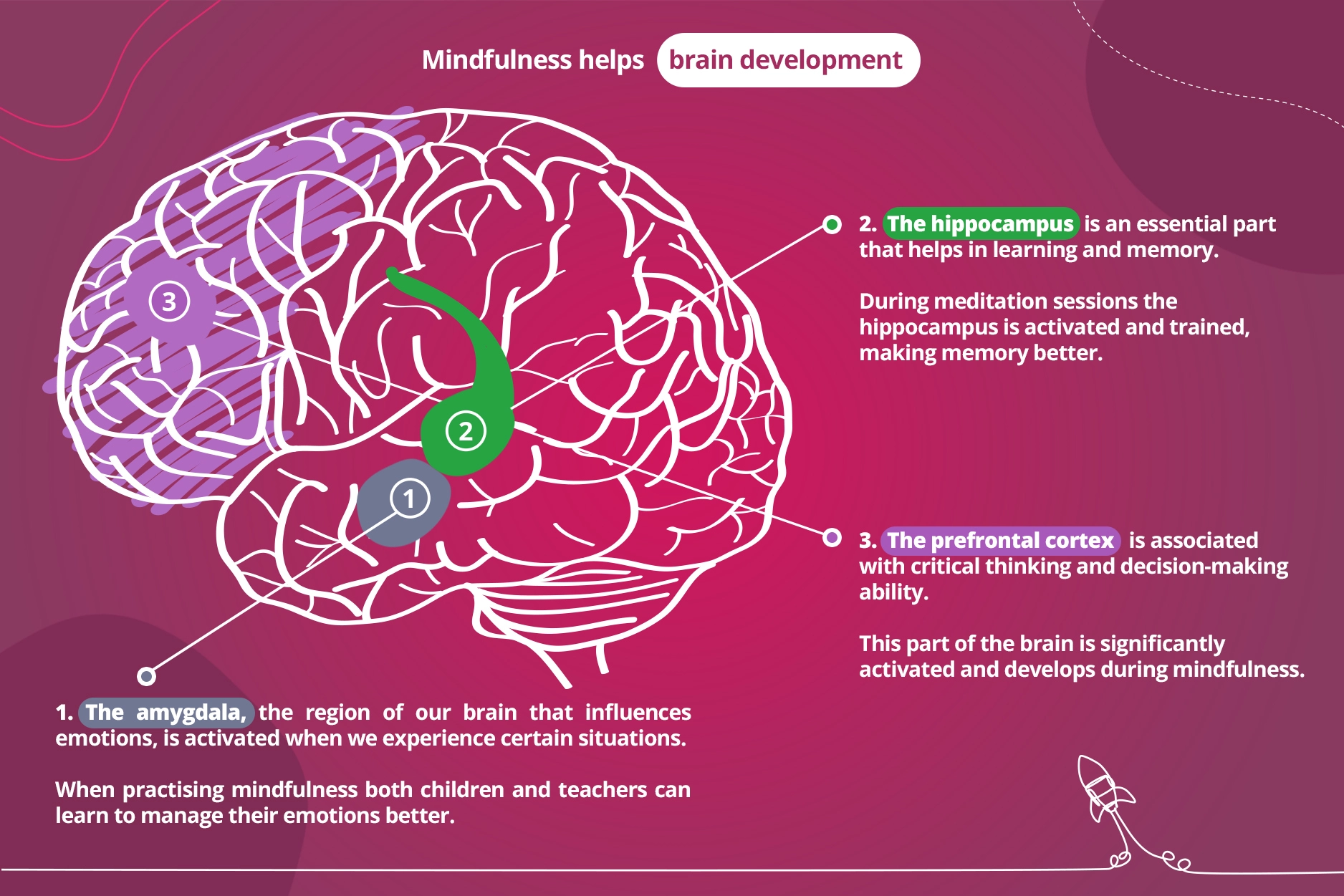
Research suggests that meditation can significantly alter the structure of the brain. Practising mindfulness has a positive impact on areas of the
brain associated with learning, memory, emotional regulation, empathy, compassion, perspective-taking and stress response.
Sara Lazar, a neuroscientist at Harvard Medical School, has used MRI technology to track the finer details of how the human brain works. In her research, Sara Lazar, has focused on the differences between the brains of people who have practiced meditation for a significant period of time and people who have never practiced meditation.
The results showed that meditation helps prevent damage to the prefrontal cortex and that, as a result, meditation practitioners, regardless of age, have better memory skills than those who have not introduced meditation into their lives. Read more about Sara Lazar's work and the results of her research here.
The direct benefits of mindfulness on students
General well-being
As well as helping them to recognise their emotions, manage difficulties and cope with exams, developing a system for bringing attention back to the present moment helps children to appreciate what works and what they could improve in their day-to-day activities.
Concentration and cognition
Mindfulness helps children understand and direct their attention with greater awareness and skill. This can improve their ability to concentrate and be less distracted, as well as their working memory and planning ability. Numerous studies show direct links between meditation practice and better performance on work tasks that require extended concentration time.
Mindfulness and emotion regulation
By learning basic mindfulness practices, students can improve their awareness of relationships and how to manage them, and come to a richer understanding of things like self-esteem and optimism.
Meditation positively influences children's behaviour
When students adopt mindfulness as a lifestyle, they are able to self-regulate more effectively, manage impulsivity and reduce conflict and oppositional behaviours. Researchers also point out that people who meditate are more
empathetic and willing to help others.
The direct benefits of mindfulness on teachers
Mindfulness in the classroom is not just about children and young people, it's also about their carers. The benefits of mindfulness in the adult world are well documented, and the positive impact it can have on teachers, counsellors and carers is key to shaping an effective and safe educational space. These benefits include: regulating and reducing stress, increasing self-compassion and increasing teaching effectiveness.
Mindfulness can improve stress management for teachers as much as for students. Educators at the University of California, Berkeley believe that teachers who practice mindfulness have a growth mindset, are better able to understand their own emotions, develop good teacher-student relationships and establish a positive classroom environment. Also, another important aspect of mindfulness is that it can help teachers feel more fulfilled and improve their overall well-being.
The benefits that mindfulness brings to the classroom for both students and teachers range from academic and professional improvements to socio-emotional improvements. Students who receive mindfulness training in the classroom generally have better test scores and higher grades, and teachers are calmer and more flexible-minded. The more they practice breathing, meditation and grounding activities in the present moment, the more their social skills, self-esteem and ability to regulate emotions improve. In addition, students who learn mindfulness often have healthier sleep schedules and are better equipped to respond in a balanced way to challenges.
Mindfulness in schools also helps reduce unhealthy or disruptive behavior in classrooms. For example, students who receive mindfulness training typically have lower levels of stress and also have lower rates of anxiety or depression. Thanks to improved mood and sleep habits, they are also less likely to feel tired at school. In addition, incidents of bullying are significantly fewer in classrooms that promote mindfulness programmes.
Here's more information on how exactly to practice mindfulness at home, in a quiet place or in the classroom.
It is very valuable to look at pupils' progress both from a process perspective and from a bigger picture perspective.
Kinderpedia is a very easy-to-use professional tool that allows teachers to assess children's progress at any time and share their achievements with parents in real time. Observations and progress reports give teachers an accurate assessment of each pupil's level at any point in the school year.
